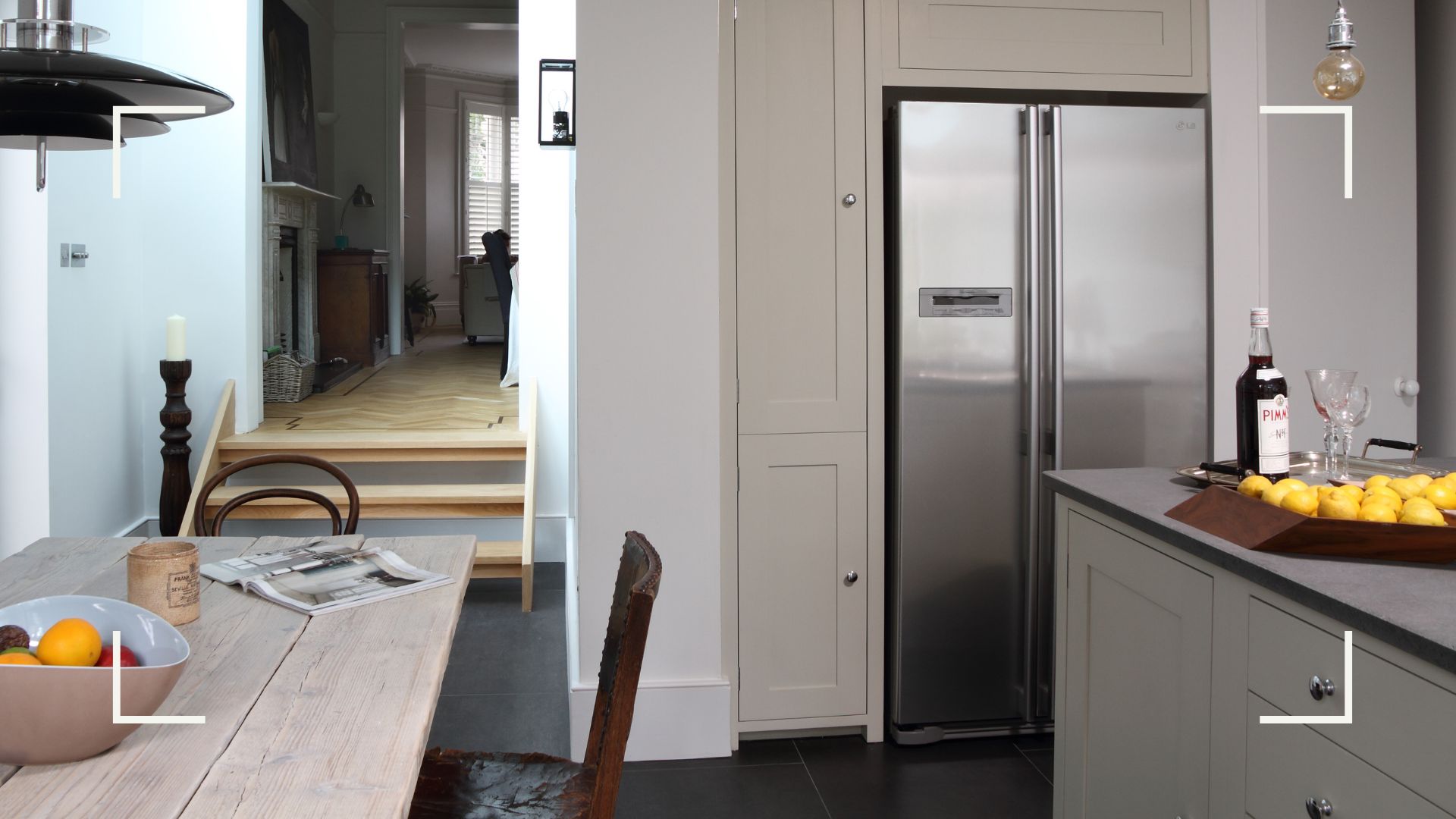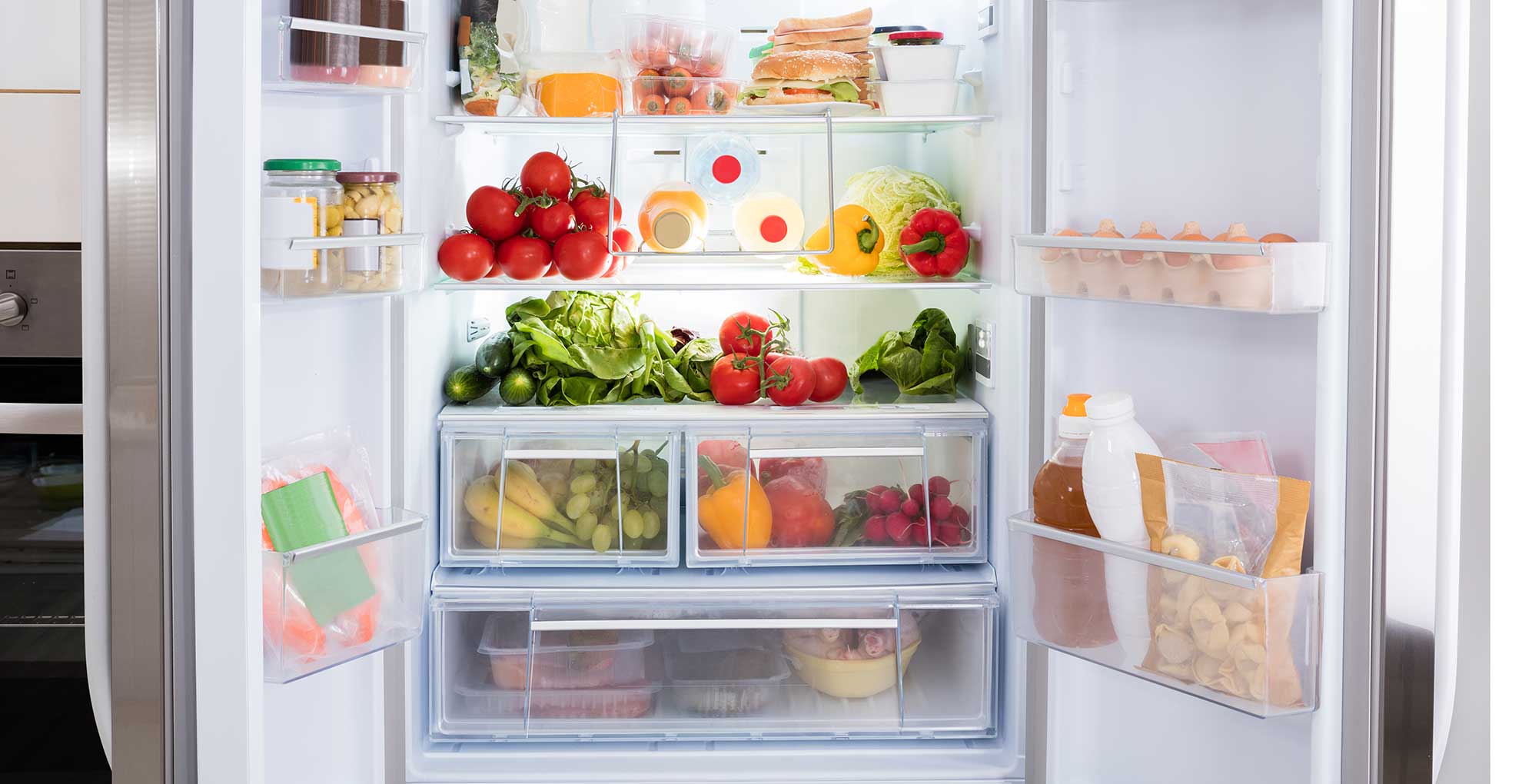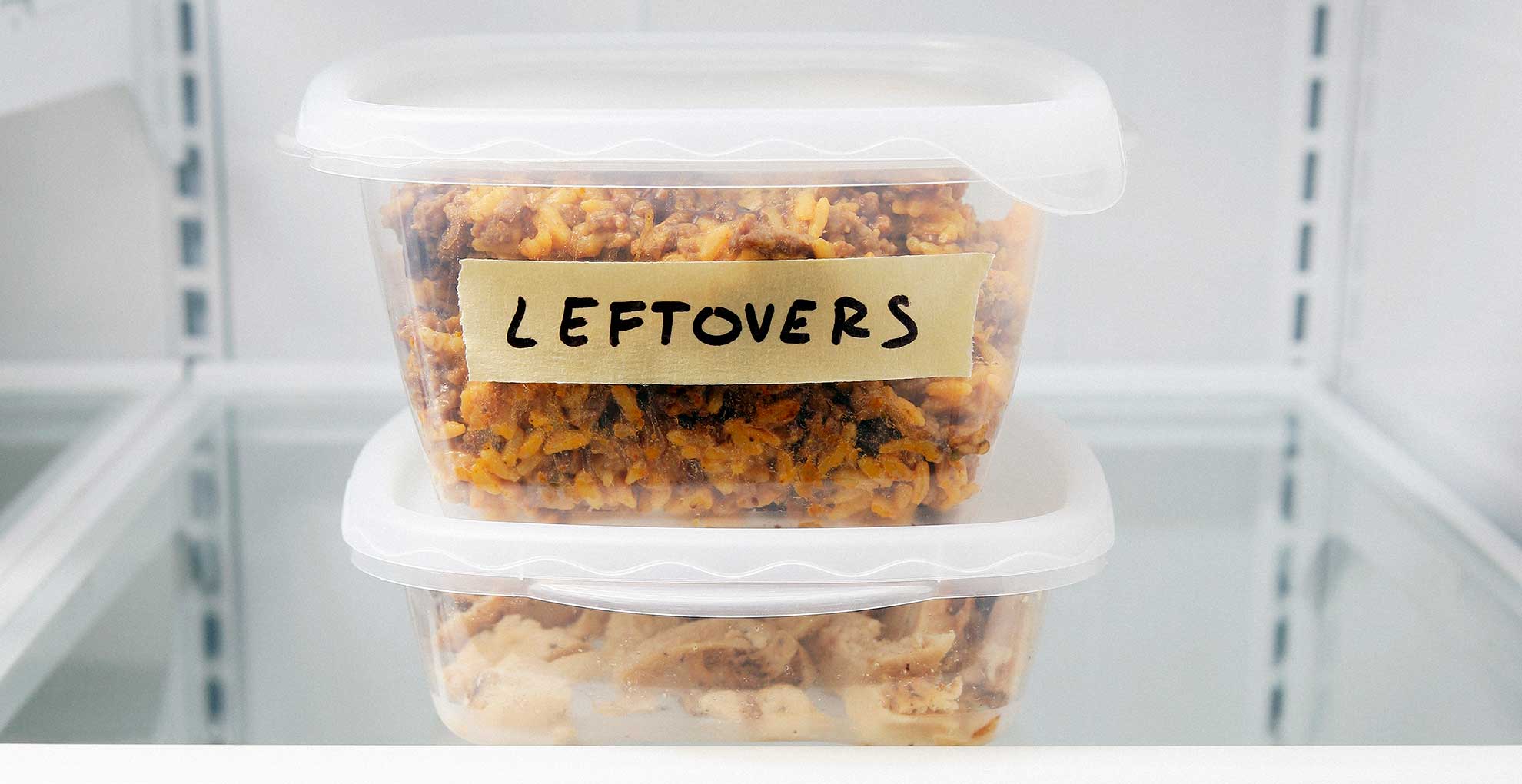
The burning kitchen question everyone is asking right now is 'What temperature should a fridge be?' and why does it matter?
Perhaps it's piqued everyone's interest because of the extra food when hosting BBQs or merely for better food maintenance as holidays begin, whatever is causing this fridge fascination, it's a good question to ask. We've consulted an appliance expert to find out exactly what temperature is recommended for optimum refrigerator results.
“The ideal temperature for any household fridge is between 3 and 5 degrees Celsius," explains Amanda Lorenzini, AO.com’s refrigerator expert.
"To adjust the fridge temperature, simply locate and twist the dial inside the appliance, however, note that any change to the temperature will take up to 24 hours to settle." Who knew it takes a whole day for the temperature to regulate? A very helpful tip to take into consideration when adjusting your fridge ahead of restocking your weekly groceries.
Why is fridge temperature important?
So why all the sudden interest in the optimum fridge temperature? Amanda helpfully explains why your fridge temperature is so key: "By putting the fridge in the correct temperature range it will ensure the food inside stays fresh and avoids any bacterial growth."
Maintaining the correct temperature inside your fridge will not only ensure better cooling for the food it will also help to make your appliance work more efficiently, therefore prolonging its lifespan.
Expert tips for keeping a fridge cooler
Aside from keeping your fridge clean, other key factors could prove beneficial when it comes to keeping a refrigerator at the optimum temperature:
1. Check the door seals
Ensure the door is always correctly sealed to maintain the temperature inside. “The gaskets on the fridge door help keep the cold temperature of the fridge in and warmer temperatures out," Amanda explains.
"These rubber seals can be compromised by degradation or damage so check these occasionally. If there is a leak in any of the gaskets, cold air will escape the fridge which makes cooling the appliance trickier, uses up more electricity and increases your monthly electric bill."

2. Keep the door shut as much as possible
When taking things in and out of the fridge be mindful to limit the length of time when the door remains open. If you are meal prepping for instance you might think about completely closing the door in between fetching ingredients as you move from fridge to countertop and stove. This might only be mere minutes but it's an easy way to keep the temperature more even.
“Every time the fridge doors are opened, cold air will escape and warm air is let in," warns Amanda. "This starts the refrigeration process again which means cold air must build up from scratch. Simply stop opening the door so much. When going to the fridge, take what you need then shut the door as quickly as possible."
Also by opening the fridge less, you will minimise any potential damage to the door gaskets – a top tip we've already identified above.
3. Keep it well organised
How you stack and store the produce in your fridge will have an overall impact on the temperature, meaning a well-organised fridge can help to ensure your refrigerator temperature stays cooler for longer.
"When the shelves and drawers are mostly full this keeps the air cold," Amanda explains. "However, be careful not to overcrowd the fridge space. As a rule of thumb, leave roughly 20 per cent as open space to ensure your fridge runs efficiently."

4. Only store cooled goods
The fridge is a prime location for preserving mealtime leftovers, but it's important to ensure all cooked foods are completely cool before you place them inside the fridge.
“Hot food can heat up the small space of a fridge quickly which puts all fridge food at risk of rapid bacterial growth," warns Amanda. "Instead, let the food cool from heat before covering and storing. Be mindful not to store cooked meat near raw meat thus ensuring there is no cross contamination."
Best practice ensures you can store that cooked chicken in the fridge with peace of mind that it will last longer.
Amanda adds: "Many fridges have special technology that creates the best environment to preserve your food," says For instance, Samsung’s Twin Cooling Plus technology separates cooling systems in the fridge and freezer to control their temperatures independently. And, because the air does not travel through the same vents, there isn’t any odour transfer either." A key consideration for when you are next due to buy a fridge.







